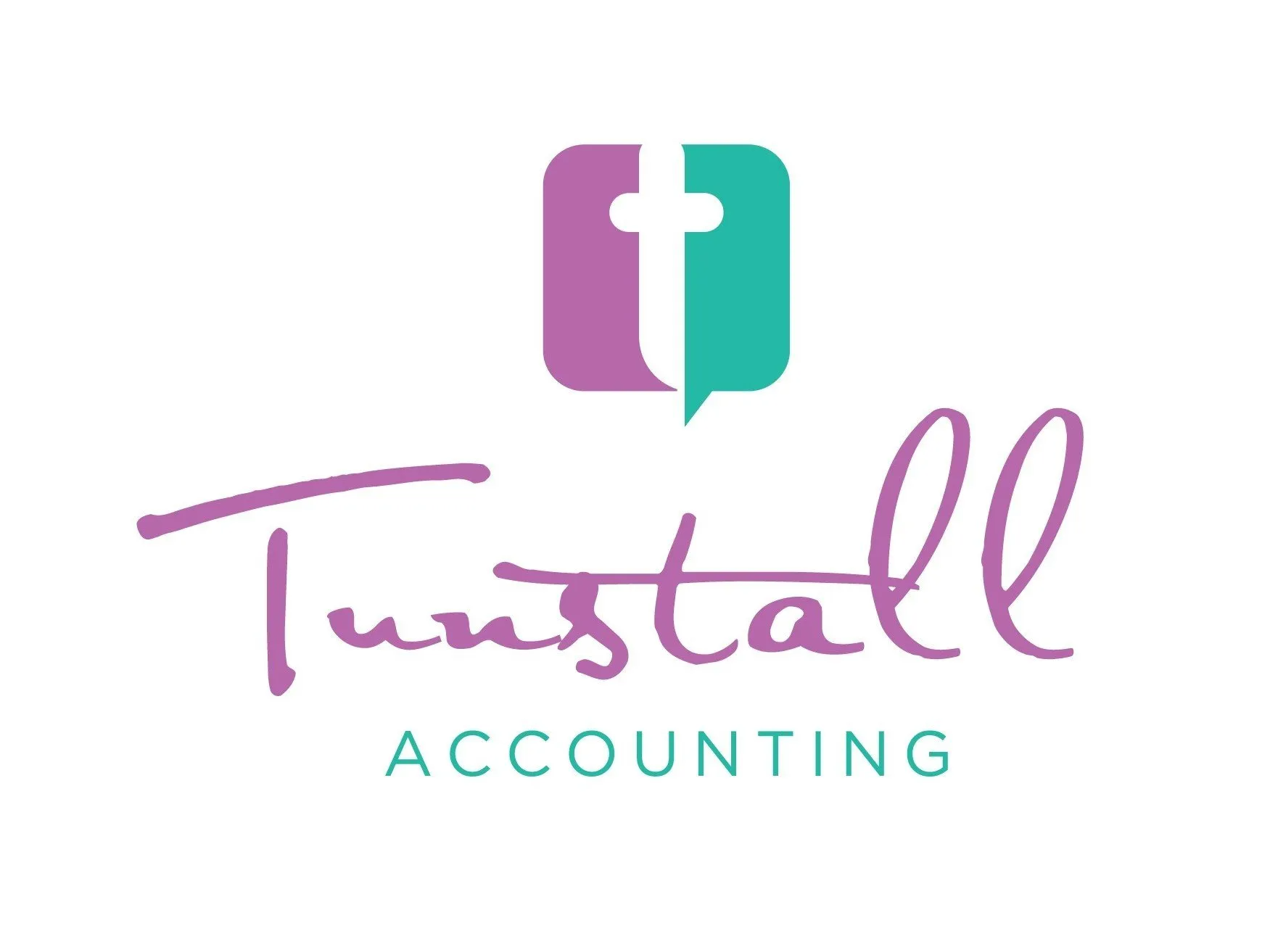Side Hustles
What are the Tax Implications of Making or Buying Things to Sell?
If you make or buy items to sell, it might feel like just a way to earn some extra money, but HMRC may classify your hobby as ‘trading’. Common products sold by hobby traders include jewellery, clothing, beauty products, pet accessories, food and digital goods, although this list is not exhaustive. Additionally, buying items to resell at a higher price, such as through online marketplaces or auction sites, could mean that you are considered a trader for tax purposes.
If your sales from trading are less than £1,000 in a tax year, you can benefit from the 'Trading Allowance', which is a tax-free allowance covering income from self-employment, casual services and renting out personal equipment. In this case, there is no need to report your earnings to HMRC.
However, if your sales exceed £1,000 in a tax year, you must register with HMRC and report your earnings through a Self Assessment tax return, paying any Income Tax and National Insurance where applicable.
If you are only selling unwanted personal items on a casual basis, HMRC is unlikely to consider you a trader, meaning you won’t need to pay tax on these sales.
If you do need to report trading income, you must register for Self Assessment by 5th October following the end of the tax year. Keeping accurate records of sales, income and business expenses is essential, as you will need these to complete your tax return correctly.
What are the Tax Implications of Providing Services Outside of my Main Job?
If you offer services in your spare time to make some extra money, you may not have considered whether HMRC would class your activities as self-employment. Activities such as virtual assistance, handyman services, personal training, pet services, graphic design and tutoring are just a few examples of side gigs that could fall under self-employment for tax purposes. If you regularly provide services for payment, it’s important to check whether you need to register with HMRC and report your earnings.
If your sales are less than £1,000 in a tax year, you can benefit from the 'Trading Allowance', which is a tax-free allowance covering income from self-employment, casual services and renting out personal equipment. In this case, there is no need to report your earnings to HMRC.
However, if your sales exceed £1,000 in a tax year, you must register with HMRC and report your earnings through a Self Assessment tax return, paying any Income Tax and National Insurance where applicable.
If you do need to report additional income, you must register for Self Assessment by 5th October following the end of the tax year. Keeping accurate records of sales, income and business expenses is essential, as you will need these to complete your tax return correctly.
What are the Tax Implications of Renting Out my Property?
Whether you have a property that you let out using an agent, run your own holiday let through a website or rent out a room in your own home, you may need to report the income to HMRC.
If you rent out a property that you do not live in, you can earn up to £1,000 tax-free per year under the 'Property Allowance'. This means that if your total rental income is £1,000 or less, you don’t need to report it to HMRC. However, if you exceed this threshold, you must declare your earnings and may need to pay Income Tax on your profits.
If you rent out a room in your own home or you run a guest house or bed and breakfast, you can take advantage of the 'Rent A Room Scheme' to earn up to £7,500 in any one tax year without having to report the income to HMRC. The room must be let furnished, must not be self-contained and you must live in the property whilst it is being let.
Can I Take Advantage of Multiple Tax-Free Allowances in the Same Tax Year?
Yes you can!
As long as you meet the eligibility criteria, you can combine the Trading Allowance, Rent a Room Scheme and Property Allowance within the same tax year to maximise your tax-free income.
